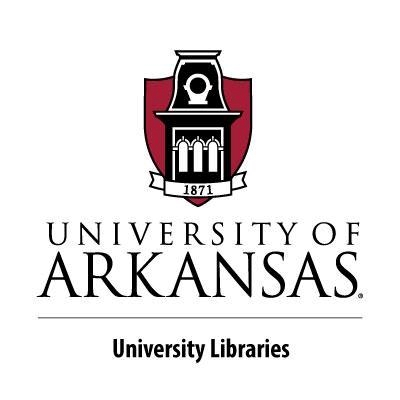Lora Lennertz, data services librarian, will offer training sessions on data management, Git, HathiTrust, programming and Unix this month. All sessions will be virtual and are offered to the campus community at no cost to attendees. Participants will receive instructions for joining the sessions upon registration.
An Introduction to HathiTrust
Friday, March 4, from 11 a.m. to noon
This workshop will provide information on the U of A's membership in HathiTrust as well as instruct on the basics of using HathiTrust for locating items and creating your own collections. Register.
Introduction to R
Monday, March 7, from 1-4 p.m.
The best way to learn how to program is to do something useful, so this introduction to R is built around a common scientific task: data analysis.
The real goal here isn't to teach R, but to teach the basic concepts that all programming depends on. R in is used in this lesson because: something has to be used for examples; it's free, well-documented and runs almost everywhere; it has a large and growing user base among scientists and it has a large library of external packages available for performing diverse tasks. Register.
Basic Text Mining with HathiTrust
Friday, March 11, from 10 a.m. to noon
The HathiTrust Digital Library provides a wealth of resources that can be analyzed using the tools provided by the HathiTrust Research Center. Create your own collection and learn a little about text mining and the basic tools available to all and the more complex research activities available to the U of Arkansas community. Register.
Your Data Management Plan
Friday, March 18, from noon to 1 p.m.
This session will look at the requirements of Data Management Plans and provide tips and tricks. Attendees will learn to use the DMPTool to help organize, write and share data management plans. This session is open to the public. Register.
Introduction to Unix
Thursday, March 24, from 1-4 p.m.
The Unix shell has been around longer than most of its users have been alive. It has survived so long because it's a power tool that allows people to do complex things with just a few keystrokes. More importantly, it helps them combine existing programs in new ways and automate repetitive tasks so they aren't typing the same things over and over again. Use of the shell is fundamental to using a wide range of other powerful tools and computing resources, including "high-performance computing" supercomputers. These lessons will start attendees on a path toward using these resources effectively. Register.
Version Control with Git
Thursday, March 31, from 1-4 p.m.
Teams are not the only ones to benefit from version control; individual researchers can benefit immensely. Keeping a record of what was changed, when and why is extremely useful for all researchers if they ever need to come back to the project later on.
Version control is the lab notebook of the digital world: it's what professionals use to keep track of what they've done and to collaborate with other people. Every large software development project relies on it, and most programmers use it for their small jobs, as well. It isn't just for software: books, papers, small data sets and anything that changes over time or needs to be shared can and should be stored in a version control system. Register.
Topics
Contacts
Lora Lennertz, data services librarian
University Libraries
479-575-7197, lennertz@uark.edu
Kelsey Lovewell Lippard, director of public relations
University Libraries
479-575-7311, klovewel@uark.edu
